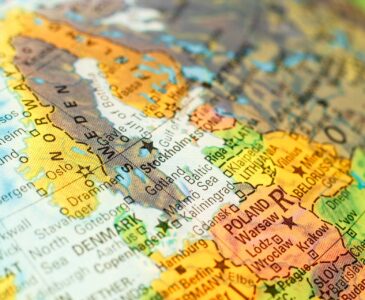According to statistics, around 76,000 Americans have already experienced moving to Japan. So, if you are wondering can foreigners move to Japan, we are here to tell you that yes, they can. Even more importantly, we’ve compiled all the relevant information you’ll need to embark on this next chapter of your life. To find out more about life in the Land of the Rising Sun, keep on reading
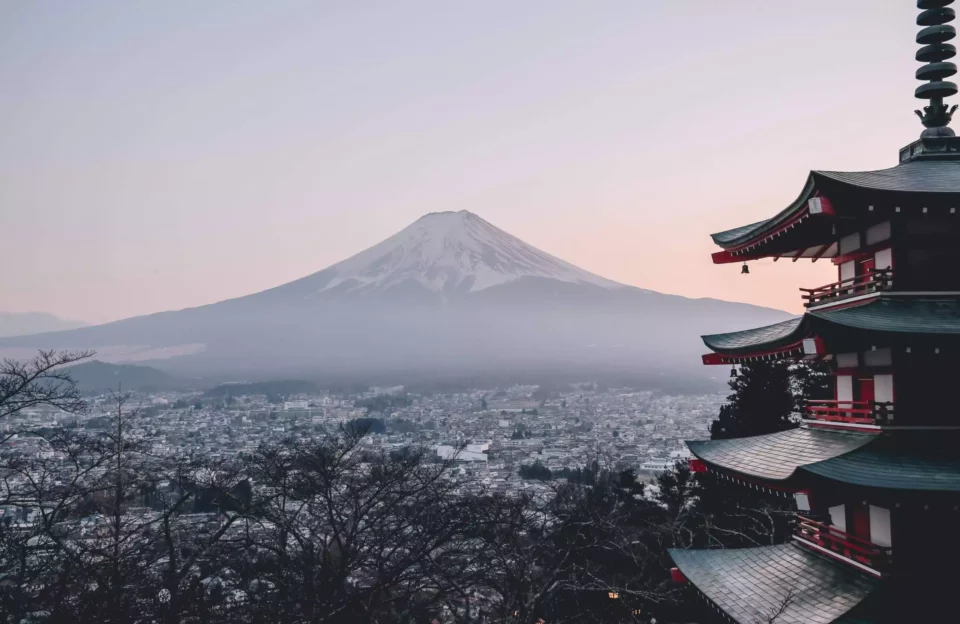
Things to Know Before Moving to Japan from the US
The beautiful East Asian archipelago known as Japan today was first inhabited 30,000 years ago. It was since considered to be a center of culture and knowledge on many occasions, and the nation’s success is upheld even today by its hardworking, diligent citizens. Today it is home to a population of more than 126 million.
If you decide to move here, we hope you enjoy the snow, since winters get quite cold, although the summers are warm and humid. However, even in the cold morning, you’ll get to enjoy the first sunset in the world, which is also why the country is often called the Land of the Rising Sun. Most of the landscape is covered by nature, but it has its capital in the mesmerizing city of Tokyo. The official language people speak is Japanese, although there are three types of script: Kanji, Hiragana, and Katakana. And if you plan on starting a course to learn any of them, expect to be paying for classes in Japanese Yen (one US dollar is about 113,33 yens).
What Are the Biggest Cities Most People Tend to Move to?
When it comes to living overseas, it’s important to find a city that will fit your every need. Otherwise, why would you even live in another country if not to provide yourself with the ultimate living conditions? So, here are the five most livable cities in the country where most people decide to settle, and you might consider relocating to as well:
- Tokyo,
- Osaka,
- Nagoya,
- Sendai,
- Nara.

What Documentation Do Americans Moving to Japan Require to Obtain a Visa?
If you plan on relocating abroad to the Land of the Rising Sun, you should get ready to deal with some bureaucracy. You may wonder: is moving to Japan easy? Luckily, Japanese bureaucratic instances are quite straightforward and don’t differ much regardless of whether you live in one of the best European countries, the US, Canada, or Australia. So, the process can be said to be simple, just make sure you have the following documents prepared when visiting the Japanese Embassy or consulate:
- Your travel documents,
- An application form,
- A photograph,
- A certificate of eligibility.
Depending on the type of document you are applying for, you may be required to present additional forms and documents. There are five types of visas for people with the objective of staying long-term, and they are the working visas, the general visa, the specified visa, the diplomatic visa, and the official visa. Each of these differs on account of the reason for relocating internationally, and, as mentioned earlier, can differ in the process of obtaining them. Furthermore, we suggest thoroughly informing yourself on any possible changes in the entry process due to exceptional circumstances set in place by COVID-19 regulations.
How to Acquire a Permanent Residency if You Are Immigrating to Japan from the US?
If you plan to move to Tokyo, Kyoto, or any other Japanese city for that matter, you’ll be able to apply either as a permanent resident or a naturalized one. Both will have certain advantages and disadvantages, and the process of acquiring each might differ somewhat from another. As a permanent resident, you’ll be able to stay in the country indefinitely, as well as work for any employer, as long as it’s not a public service job. For a permanent residency, you’ll need to fulfill the following requirements:
- Currently having any type of work visa listed in the Highly Skilled Professional category,
- Be employed for at least three years within the country,
- Be married to a person holding a National Visa,
- Have paid taxes and contributions during a required period,
- You’ll need a guarantor who is national with Permanent Residency,
- Spent more than six months physically in the country,
- Have at least a three-year visa at the moment of application.
How to Move to Japan as a Naturalized Citizen?
Naturalization is a process through which you’ll obtain citizenship, but at the same time, you’ll have to give up your current one, so we recommend carefully evaluating the pros and cons of naturalization before becoming a full-fledged citizen with the right to vote. Per Article 5 of the Nationality Act, if you decide to go through this process, prepare to fulfill the following criteria:
- Have a continuous residence of at least five years,
- Be at least 20 years of age, and fully legally competent,
- Provide proof of sufficient income or skills to support yourself, either personally or within your family,
- Willing to renounce your current citizenship.
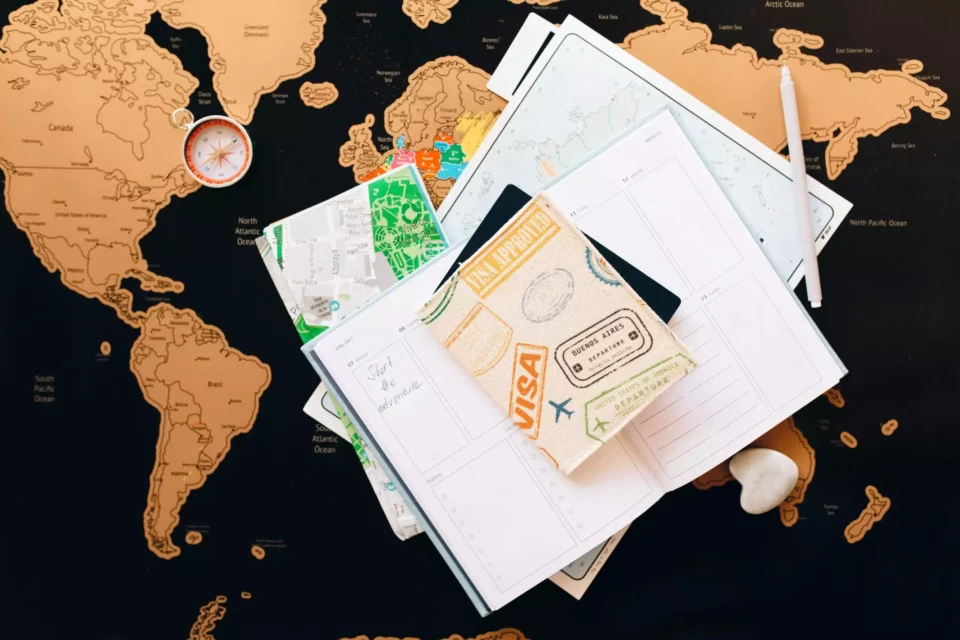
What Is the Cost of Living, and How Much Will You Have to Make in the Land of the Rising Sun?
The beautiful Japanese sunsets are worth experiencing, but before moving overseas, you’ll have to make sure you can afford to wake up to the first sunset every day. Truth be told, if you were to move to Norway or a different Scandinavian state, you would need a bigger budget. However, if you are planning on moving to Japan as an American, you should expect to spend about three times as much on your usual costs. Given that we are talking about an island nation, anything that has to do with shipping overseas – whether it’s clothes, food, or cars is going to cost more than it would in the States. For example, groceries tend to be about 17,77% higher in price than the same items would back home, and general consumer prices are about 14,36% higher.
How Much Money Do You Need to Live Comfortably in Japan?
If you are a single person in Tokyo, you should expect your monthly costs to be around $1,100 or ¥67,500. Beware that the aforementioned costs do not include the price of rent or utilities. However, finding a place won’t cost you much more than it would back home. The average price of a one-bedroom apartment goes for about $620, or ¥67,500, while among the utilities, electricity will eat up the biggest chunk of your income – around ¥4,000. However, you can expect your monthly utility bill to amount to ¥10,000 a month.
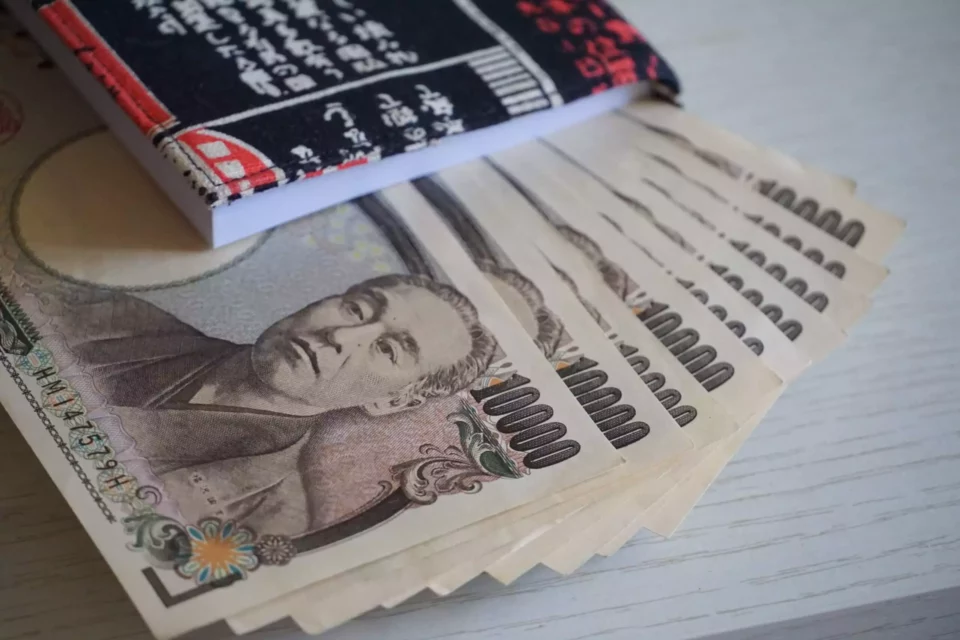
How Available Are Job Opportunities to Foreigners?
If you want to support yourself and obtain enough cash to cover the living costs, you’ll have to get a job in the city of your choice. It may seem overwhelming to find work among all that relocation stress, but luckily for you, it actually shouldn’t be so hard. The state is ranked the 3rd largest economy in the world, and since it has a primarily aging population, they are allowing more and more foreigners to move on account of labor-related reasons. Actually, work visas are the main channel through which Americans manage to move here.
Can I Move to Japan Without a Job?
If you haven’t yet managed to find work, you may be wondering whether you’ll have more luck with the search after you’ve become a part of the US expat community in the Land of the Rising Sun. Unfortunately, you won’t be able to pack and move abroad unless you already have a secure spot in a workplace. So, we recommend furthering your search and finding new employers to ask relocation questions. And if that doesn’t work, you can always reconsider immigrating to Canada or even relocating to Australia, as these countries don’t require you to have a job prior to relocation. And if you are set on Japan, we recommend checking out the following video for information on jobs most suitable (and popular) among English speakers.
What Can You Expect from Japanese Amenities After You Move?
When it comes to amenities and services such as health care, education, and transportation, you’ll be happy to know all these will cost you significantly less overseas than back home. However, as the Japanese are known for their preciseness and punctuality, you shouldn’t expect anything less than great service when it comes to any of these amenities.
Enjoy Practically Free Medical Treatment Provided Through Universal Health Care
Medical treatment is provided practically free of charge to both citizens, expats, and foreigners. There is universal healthcare in place, which requires an individual to take on 30% of the medical costs, while the remaining 70% is paid by the government. Healthcare is available to everyone equally, and in comparison to the US system, it costs half as much while providing patients with much better medical outcomes.
Study at the Best Educational System (Which Is Also Significantly More Affordable Than the US One)
Did you know that the Land of the Rising Sun statistically has zero illiteracy among its citizens and a 100% of enrollment in compulsory grades? That is because the kids, who normally start school at six years of age, will obtain their degree through great public primary and lower secondary education without having to pay a tuition fee. Only after pupils start an upper secondary school are they supposed to pay for their education. So, if you are planning to live abroad with your family, judging by the availability and quality of education, this might be one of the best places to do so.
Getting Around Is Convenient and Affordable, That Is, If You Did Not Plan on Driving a Car
Whether you want to use the shinkansen, a train, public buses, or subways networks, you can expect excellent and punctual service with any of these vehicles. Many employers pay their employees’ commuting expenses and monthly passes for unlimited travel are available for purchase as well.
A lot of people, especially city dwellers, opt for cycling. There are great cycling paths in most towns, available parking for bikes near railway stations, and no costs or fees for traveling around town, which is always a plus. And while the roads are perfect for cyclists and drivers alike, you might want to avoid shipping your vehicle overseas just because of the laws on vehicle maintenance. Due to regulations like these, having a car might prove to be more costly than it’s worth. Still, the ability to move around without caring for timetables has value on its own, so don’t rule out bringing your car with you.
Once You Begin to Live Here, What Are the First Things You Should Do And Experience?
Depending on where you choose to live abroad, there will be different events and activities to do and experience. However, get ready to learn the language if you want to enjoy everything this amazing nation has to offer. Although most people know English, a lot of them will stay closed off to people who don’t speak their native tongue. While you are getting used to breaking the language barrier, we recommend checking out some of the following attractions:
- Bathing in an onsen – The famous hot springs are both a local and a tourist favorite. During the authentic cultural experience of bathing in an onsen, you’ll not only feel like a true citizen but relax as well. Just remember – swimsuits are not permitted!
- Visiting Mount Fuji – The highest mountain peak is a must for anyone who decides to visit the country, and the numbers show it. Every year more than a million people will climb the top and watch the beautiful sunset from there.
- Enjoying the Nara Park – If you want to see unspoiled historic buildings, as well as one-of-a-kind art, Nara is the place to visit. You’ll experience crucial national treasures, like the Great East Temple and the bronze Great Buddha statue from AD 749.
- Seeing the Imperial Palace – All those relocating to Tokyo are going to love the Imperial Palace in their new city. The city’s most known landmark, engulfed in 17th-century parks, is partially opened to the public, as the Imperial family still live on parts of the ground, but there is still more than enough to see, even if parts are closed off.
- Taking a trip to the Hiroshima Peace Memorial Park – The history buffs will surely enjoy seeing the Hiroshima Heiwa Kinen Kōen, enriched with memorials, museums, and monuments, dealing with the issues of world peace in the aftermath of the horrors of August 1945.
You’ll Exchange Meaty American Meals for Light Traditional Dishes In No Time
The cuisine here is going to be much different from the Western cooking you’re probably accustomed to. Get ready to eat a lot of rice, fish, vegetables, and the overall incredible miso soup. Although you might have to get accustomed to eating less meat and dairy, at least you’ll positively impact your health and life expectancy. If you are a vegan or a vegetarian, you might also run into some trouble with purchasing meals outside of your home since seafood is commonly perceived as suitable for those who don’t eat meat. While you’ll surely have to get accustomed to a different eating regime, you’ll soon enough discover the charms and tastes of their great cuisine.
Japanese Customs May Surprise You, But They Are Important to Know
Don’t expect the etiquette and customs here to be anything remotely similar to what you’ve come to know in the US. It can be difficult to overcome the cultural shock and get accustomed to all these new cultural practices, but they’ll feel like second nature in no time. However, it’s important to be aware that some things will definitely be different. For example, while in the US you wouldn’t think twice about entering a home with your shoes on, here the tune is somewhat different. Whenever you enter a house, you should leave your shoes before entering the main space, which is the tatami room.
Some other cultural distinctions include bowing as a form of greeting, automatic cab doors, and the insulting nature of tipping for services. But don’t worry, being that you’ve moved to one of the friendliest countries in the world (albeit surprisingly so,) you won’t run into trouble if you mess up a thing or two – as long as you are respectful about it.
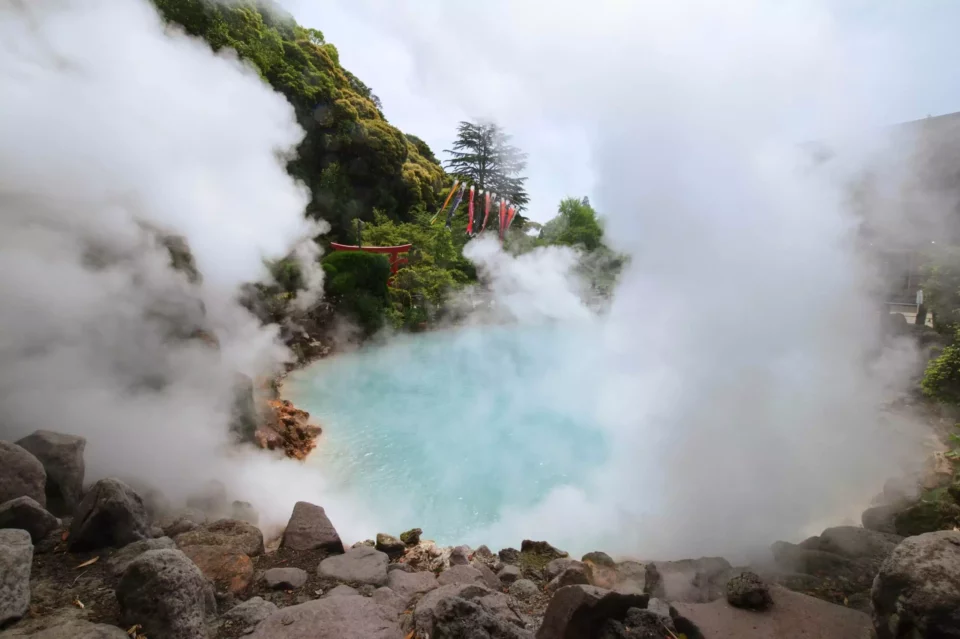
Your Move to the Land of the Rising Sun Will Be Much Easier With the Help of an International Moving Company
An international move, especially if you are relocating to a different continent, is going to be much more convenient with the help of an overseas moving company. Not only will you need someone to provide packing services, but you’ll require an overseas shipping company to transport your items to an international address of your choice or a storage facility. To obtain more information on how to move abroad, contact a relocation company and start your process as soon as today.




